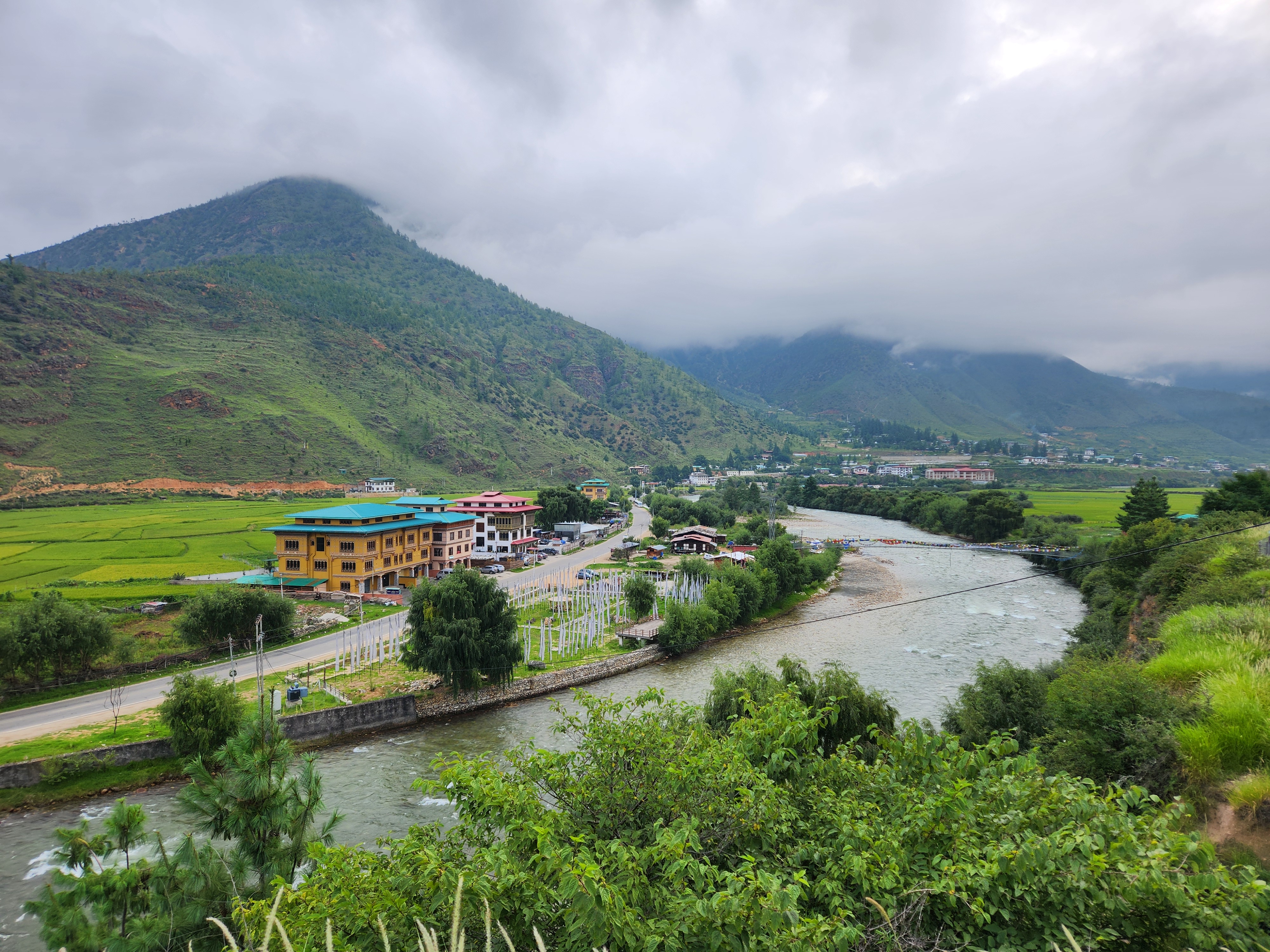The first day was dedicated to the progress meeting, where the Cohort members of Bhutan and other special guests were involved. They provided their comments on the report of the Policy and Institutional Study that has been drafted based on secondary data analysis and key informant discussions. The water storage mapping in Bhutan was also presented and validated on the day by the field and sectoral expertise attached to various departments of the Government of Bhutan.
 The next two days the participants were given hands-on training in modern techniques of mapping, which is a key tool for managing water storage in South Asia. Participants were also received a brief introduction on the GWP’s Community of Practice platform as a place to exchange, built on collective knowledge and engage among cohort members in South Asia and beyond. The final day, which was the 3rd day, was dedicated for a filed visit to the National Centre for Hydrology and Meteorology of Bhutan.
The next two days the participants were given hands-on training in modern techniques of mapping, which is a key tool for managing water storage in South Asia. Participants were also received a brief introduction on the GWP’s Community of Practice platform as a place to exchange, built on collective knowledge and engage among cohort members in South Asia and beyond. The final day, which was the 3rd day, was dedicated for a filed visit to the National Centre for Hydrology and Meteorology of Bhutan.
The International Water Management Institute (IWMI), in partnership with GWP SAS is operationalising this project while Bhutan's Department of Water has given the logistical support to organise the two meetings smoothly. The project is funded by the US Department of State, where the initiative aims to bolster water security through the improved management of both natural and man-made water storage systems. One of the objectives of this project is the establishment of a cohort consisting of six water professionals from each country consisting of Bhutan, Nepal, Bangladesh, and Pakistan. This group convenes every three months to facilitate knowledge exchange, compare priorities, and explore different approaches to water storage across the region. The previous cohort meetings were focused on groundwater management in South Asia, Water-Energy-Food-Environment (WEFE) Nexus and a study tour to Fergana Valley in Uzbekistan to learn transboudary water cooperation in Centra Asia.
Water storage—whether in reservoirs, ponds, groundwater, or in the form of snow and ice—is vital for socio-economic development. Water storage enables communities and societies to navigate fluctuations in water supply and demand, a challenge that will only intensify as climate change progresses.

